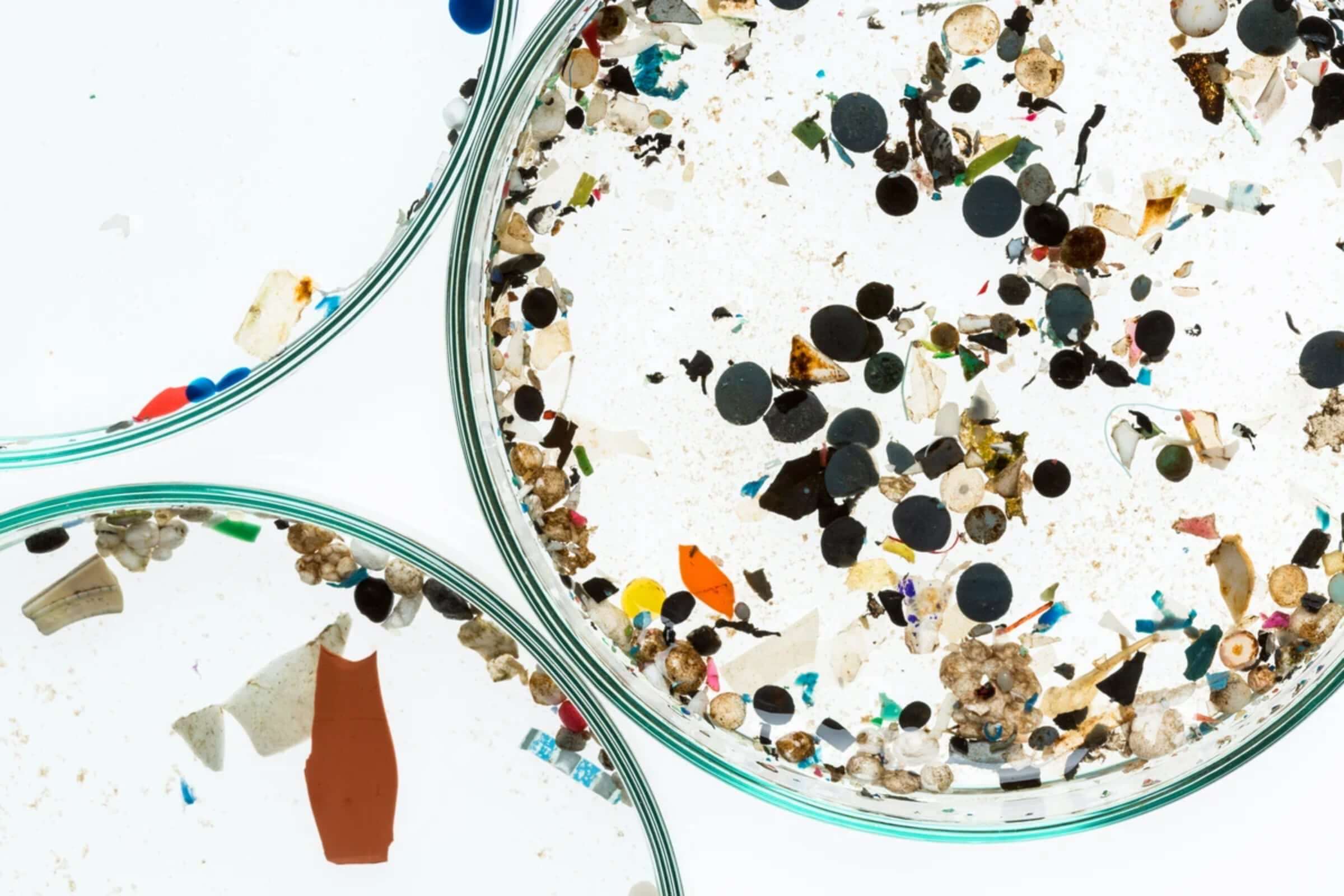Edible Materials Provide Food For Thought
.jpeg)
Ingredients such as coffee grounds, fruit waste, upcycled oyster shells and sour milk are some of the emerging discarded materials being turned into next-gen activewear
Materials made from food-derived waste are starting to scale and innovative suppliers are beginning to transform these new developments from proof of concepts to commercially viable, prompting investment in the sector.
.jpeg)
When compiling the second edition of the LTP Groups Innovation book dubbed IB.02, the in-house team researched the latest information on the circular approach to waste. All the most innovative suppliers were asked to share their latest developments and here we share those insights with you. When discussing ingredients reimagined Alex Ingildsen, CCO at LTP Group states
“For the sportswear industry, food waste presents a sustainable opportunity for brands to help reduce the volume of food wasted whilst taking a circular approach. Brand backing is accelerating change”
Fabric sourcing & innovation manager at LTP Laura Didžiokienė and designer/trend forecaster Chantell Fenton discuss the scaling initiatives of food-derived waste which are featured in the latest Innovation Book.

Making The Most Of Waste
According to The Food and Agriculture Organization of the United Nations, 1.3bn tonnes of food waste is thrown away globally each year. This poses a huge threat to both the planet and its people. On global average, one person throws away 95kg worth of food a year – a figure that represents one month’s worth of food that can feed an average-sized European family.
Reusing food waste rather than using fresh food will not only cut down on waste going to landfills, but opens up opportunities for brands to send a positive, sustainable message and engage with consumers looking for ethical products.
Innovate With Recycled Coffee Grounds

Pioneer Singtex have developed S.CaféⓇ, a technology which converts used coffee grounds from Taiwanese coffee shops into their signature performance fabrics. The range of materials are already used by brands such as Vaude, Ministry of Supply, Timberland and many more.
Turn Fruit-Waste into Fabric

Orange Fiber's patented process turns citrus juice byproducts into a sustainable material. Co-founders Enrica Arena and Adriana Santanocito developed the innovative textile after recognising the enormous waste output of the Sicilian citrus fruit industry. After pulp is extracted from citrus waste, the cellulosic fibres are spun and woven into a sustainable fabric with a supple, silky handle. Demonstrating the potential for the fibre, the fabric was used in the Orange Fiber x Ferragamo and by H&M in their 2019 Conscious Exclusive collection.
Brands are increasingly teaming up with food industry partners to repurpose their waste. Pangaia worked with Italian winemakers to turn their waste into biodegradable grape leather and designer Delaunay partnered with Piñatex to create a jacket from the suppliers leather alternative made from reconstituted pineapple leaf fibres. The versatile fibre is also crafted into labelling by Bornemann.

Upcycled Oyster Shells
Innovative supplier Hyperbola are turning oyster shell waste from the food industry into a performance fabric with anti-static, 4-way stretch, odour control, moisture management, a natural hand-feel and wrinkle-resistance. The SeaWool fibre is made from crushed oyster shell waste, which is ground into powder and mixed with recycled PET pellets to create the multi-functional fabric.

Harness the Power Of Sour Milk
Described as the material of the future, QMILK is 100% natural, soft, smooth and skin friendly. A. Sampaio is innovating with the sore milk fibre QMILK which is made from milk that would have otherwise have gone to waste in a patented, specially developed spinning process. The casein protein is extracted from dried milk powder and then heated up with other natural ingredients. The fibre comes out in strands and is then spun into yarn on a spinning machine. As a water and energy saving zero waste process, the sustainable credentials of the material are high. The textile is also biodegradable.

How to get your copy of the LTP Group’s Innovation book
The new edition highlights everything you need to know about textiles, trims and technologies. To get your hands on a copy, all existing customer should contact Alex for their copy of IB.02. Updated bi-annually with cutting-edge innovations, the next edition will be released in July 2021 exclusively for LTP customers.
The Innovation 360° book will become a place for suppliers to introduce their latest “super materials” and pioneering developments. If you’re an innovative supplier and wish to be featured in the next addition, please contact Alex.
This resource is created as part of the companies Value Added Services which are strategically developed to provide brands with the tools to drive new and exciting innovations. This suite includes:
Product Design & Development, Creation and Innovation
The Sport & Outdoor Apparel Network
Global Innovation from Europe & Asia
For more information please feel free to contact Alex at the LTP Group [ali@ltpgroup.com].
About LTP
LTP is a Danish owned garment manufacturer for +60 premium brands within active sportswear, outdoor, athleisure and sustainable fashion. LTP was established in 1991, and is probably the biggest Sport & Outdoor garment manufacturer in Europe with bluesign & GOTS setups in Lithuania, Belarus, Ukraine and Vietnam
LTP consists of two divisions; LTP Garment and LTP Contract Furniture producing in nine fully-owned factories.
About Chantell Fenton
Chantell is an experienced performance sportswear designer and trend forecaster, with a passion for wellness, technology and function-first design. Chantell has an in-depth knowledge of how to spot and translate the must-have trends and macro shifts for the sports and outdoor industry. For more details visit www.chantellfenton.com





.png)
.jpg)















.png)


.jpeg)



























.png)


























_11-(002).png)





















.jpeg)
